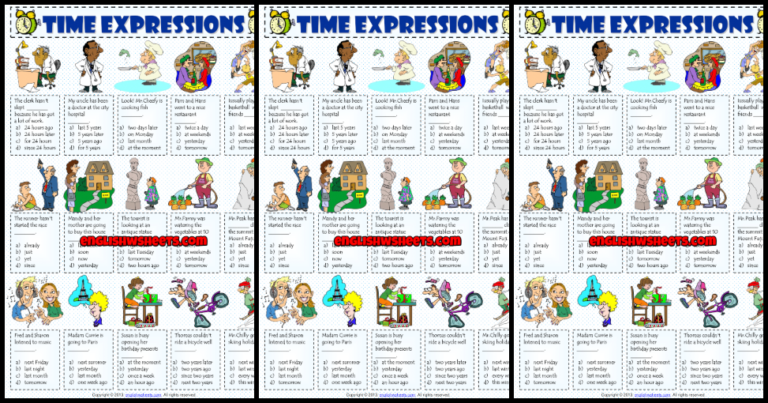Each part of speech performs a different function. One specific feature of some words is that they can perform the roles of multiple parts of speech. Going through sentences and analysing how they are used to perform the various functions is the easiest and fastest way to learn the English language.
Today, let us learn what adverbs are. Adverbs are those words that answer questions such as when, where, how, how often and to what extent. They are seen to modify or provide extra information about the verb, adjective or another adverb in the sentence. Look at the following adverb examples to have an idea of what they are, and also try out the exercise that follows.
Check out the following table.
| EXAMPLES OF ADVERBS | ||||
| When | Where | How | How Often | To What Extent |
| Yesterday | Here | Quickly | Weekly | Too |
| Today | There | Keenly | Rarely | Very |
| Tomorrow | Outside | Vaguely | Once in a while | Extremely |
| Next week | Upstairs | Happily | Never | Minutely |
| Last month | In | Wholeheartedly | Annually | A little |
Exercise 1
Go through the following sentences and fill in the blanks with the most appropriate adverb from the list given below.
(extremely, a little, yesterday, daily, upstairs, very, every now and then, rarely, hardly, last week)
- I reached Bangalore __________.
- He will be waiting __________ for you.
- She __________ finds time to call me or my parents.
- They found it __________ difficult to understand.
- He __________ did anything to help her cope up with the situation.
- __________, we take a trip together to some place to relieve our stress.
- We visited our grandparents __________.
- My father picks me up from school __________.
- What had happened to our neighbour was __________ unexpected.
- Firoz was __________ angry.
Answers:
- I reached Bangalore yesterday.
- He will be waiting upstairs for you.
- She rarely finds time to call me or my parents.
- They found it extremely difficult to understand.
- He hardly did anything to help her cope up with the situation.
- Every now and then, we take a trip together to some place to relieve our stress.
- We visited our grandparents last week.
- My father picks me up from school daily.
- What had happened to our neighbour was a little unexpected.
- Firoz was very angry.
Now, let us move on to tenses. The tense of a sentence denotes at which point an action is taking place. There are twelve different tenses in the English language. Among them, the past tense is slightly different as the spellings of the verbs change. Sometimes, just the addition of ‘ed’ to the end of the base verb does the trick, but that is not the case with irregular verbs. Here is an exercise to help you check your understanding of the tense and its usage.
Exercise 2
Fill the blanks with the simple past form of the verbs given in brackets.
- I _______ up at 5 a.m. today. (wake)
- The little boy _______ around to see if his mom _______ still there. (turn, be)
- My pet dog _______ to me the moment he _______ me. (run, see)
- Nani _______ me Telugu. (teach)
- My mom _______ for the car keys everywhere but couldn’t find it. (search)
- Matilda and Terry _______ on their way to Seattle when I _______. (be, call)
- Gowri _______ her best friend yesterday. (meet)
- We _______ pasta for dinner. (have)
- Vani _______ her hands and legs and lay down on the bed. (stretch)
- We _______ a movie together after a really long time. (watch)
Answers:
- I woke up at 5 a.m. today.
- The little boy turned around to see if his mom was still there.
- My pet dog ran to me the moment he saw me.
- Nani taught me Telugu.
- My mom searched for the car keys everywhere but couldn’t find it.
- Matilda and Terry were on their way to Seattle when I called.
- Gowri met her best friend yesterday.
- We had pasta for dinner.
- Vani stretched her hands and legs and lay down on the bed.
- We watched a movie together after a really long time.



